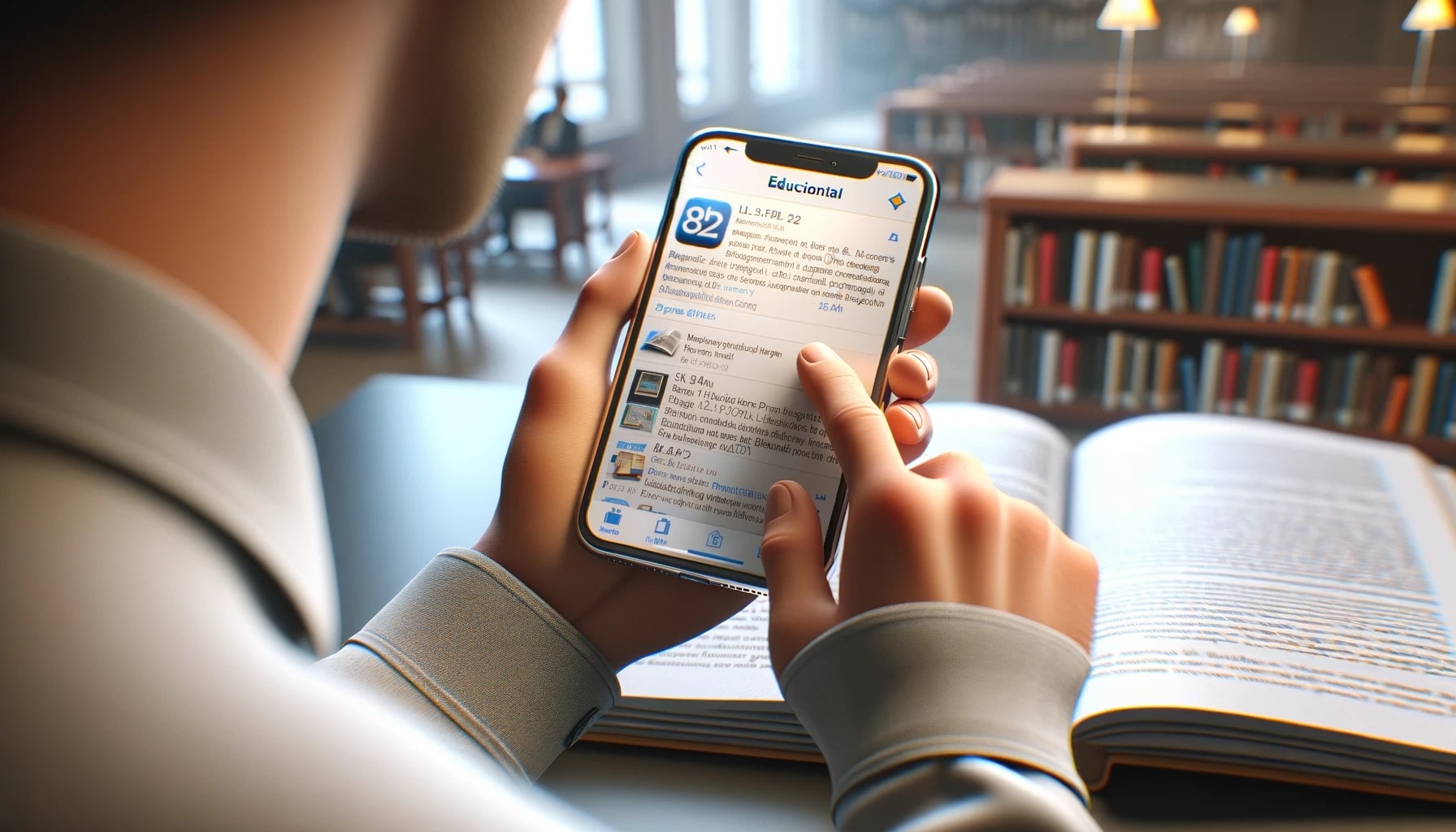As iPhone sales begin to wane, a deeper look into consumer behavior reveals an emerging trend: the longevity of existing models is dampening the need for frequent upgrades. The shift indicates a significant transformation in user priorities, where functionality and durability outweigh the allure of new models. Adding to this, the global economic climate, with tighter household budgets, is compelling consumers to rethink their spending habits on technology.
Market Trends and Consumer Preferences
Recent years have shown a consistent increase in the lifespan of mobile devices, influenced by advancements in technology that ensure phones remain efficient longer. This trend is bolstered by software updates that keep older models relevant, thereby reducing the urgency to purchase new gadgets. The environmental impact of frequent upgrades is also persuading environmentally conscious consumers to hold onto their devices for longer periods.
Insights from Related News Articles
Similar observations have been noted in other reports, such as Engadget’s “Smartphone Lifespan on the Rise” and Forbes’ “Tech Spending Trends in 2023”. Engadget discusses how technological innovations have enhanced the durability and lifespan of smartphones, making frequent upgrades unnecessary. Forbes highlights a shift in consumer electronics spending, noting an increase in prioritizing necessary over luxury upgrades, influenced by current economic challenges.
Scientific Perspectives on Consumer Electronics
A recent study published in the Journal of Consumer Electronics presents findings that support these trends. The paper, “Consumer Trends in Technology Lifecycle”, explains that users are extending the lifecycle of their devices beyond the traditional two-year cycle. The scientists attribute this shift to improved product quality and a growing public awareness of the environmental impacts associated with the disposal of electronic gadgets.
User-Centric Inferences
- Extended device lifespan reduces environmental impact.
- Software updates can significantly extend a phone’s useful life.
- Economic factors are increasingly influencing tech purchases.
The decline in iPhone sales not only highlights changing consumer behaviors but also underscores a broader shift in the technology landscape. Users now prioritize sustainability, economic practicality, and device efficiency over the novelty of owning the latest model. This revelation could prompt tech companies to recalibrate their product development and marketing strategies to better meet the evolving needs and expectations of consumers. Companies might need to focus more on sustainability and value-driven innovations to remain competitive in this changing market.










